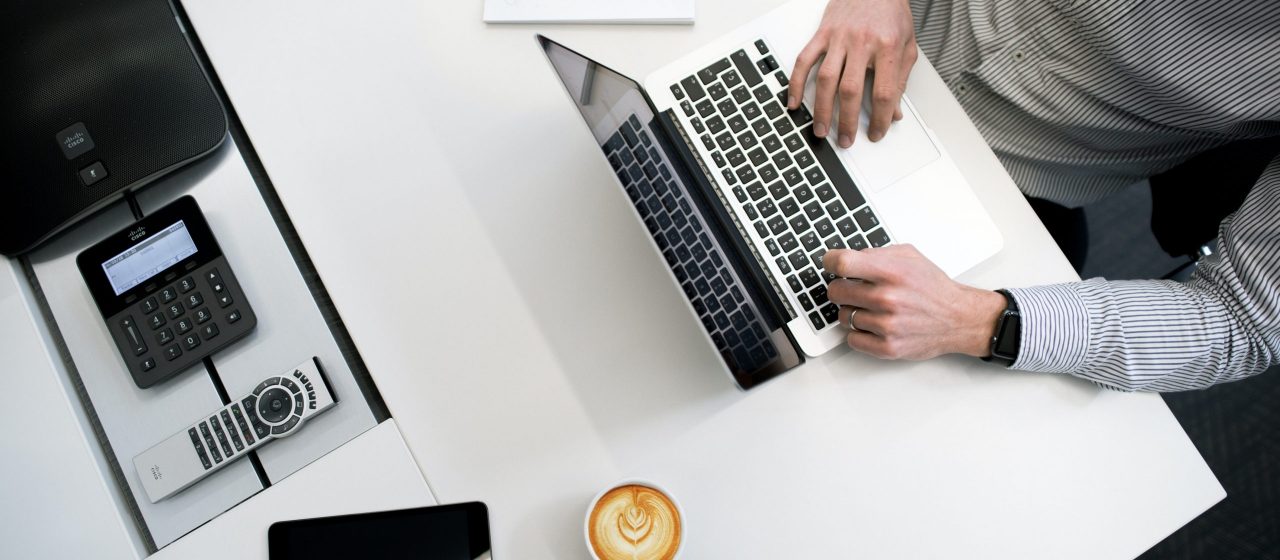
Avoid Liability Claims By Ensuring Workplace Safety
by Romero Insurance Brokers, May 27
The end of lockdown is almost in sight, but businesses must be aware of their employer obligations when reopening their doors.
Employers must adapt to ensure the continued safety of their employees. Any business must be able to demonstrate that it has put suitable measures in place to protect its people, as far as is reasonably practicable. This means following all Public Health guidelines – even going above and beyond expectation to ensure employee safety. This could include:
- Considering having extra staff on-site to monitor social distancing
- Purchase PPE for those who require or request it
- Keeping doors open to reduce touch points
- Introducing a one-way system
- Devising a Social Distancing Plan for all employees
- Ensure vulnerable employees are identified
- Consider what measures must be put in place to manage on-site visitors
- Risk assessments for those working from home
- Ensure all tools and technologies remain adequate, so employees are able to carry out meetings remotely
- Review cleaning regime to ensure regularity and depth of cleaning is adequate
- Close communal areas such as break-out rooms
- Ensure adequate signage detailing guidance and hygiene etiquette is in place in all shared areas (particularly bathrooms and kitchens)
- Download and display effective warnings and signage from Public Health England
- Keep your employees informed and up to date at all times
- Follow advice from the government and official sources only
You must make sure employees are made aware of the guidelines. It is their responsibility as much as yours to adhere to these rules and help to keep your workplace as safe as possible. Develop workplace guidelines to ensure your employees know what is expected of them.
It is paramount that businesses are able to produce written evidence of risk assessments, Health and Safety discussions, method statements and any other safeguards developed to ensure employee safety. Should a claim be made against your business, you will need to be able to showcase what control measures you put in place.
Businesses must be aware that minimising some risks may end up increasing others. For example, a lone worker may be at a higher risk of injury if they aren’t under physical supervision of a manager. It’s important that employers look at the individual circumstances of the employee and make a judgement call on their ability to work from home vs on-site.
It’s not just physical risk businesses ought to be aware of. The impact of stress cannot be underestimated. Both working remotely and being invited back to work can cause a change in routine and heighten an employee’s anxiety. To minimise the impact of stress, employees must ensure open dialogue is kept with staff. This includes listening to your team and considering the feelings of each individual. Businesses should provide support for staff whether they’re working remotely or not, including promoting flexibility where required. All staff should also know what measures are being put into place to ensure workplace safety.
If an employer does not adequately protect its workforce against COVID-19, it could be left facing liability claims. This includes claims for:
- If an employee can provide evidence that they contracted coronavirus at work, they could make a claim. An employer would need to demonstrate how they took all reasonable steps to ensure workplace safety.
- Psychological and physical injury. Employees could be left with a significant increase in their own workload if other members of the team have been furloughed, made redundant or absent for a long period of time. This could lead to stress or physical injury. Again, employers will need to demonstrate how they have ensured workplace safety and accounted for these changes.
- Working from home. Employers have a duty of care to ensure the safety of remote workers. Ensure risk assessments have been completed to make sure employees are working in a suitable environment.
- Vicarious liability. Employers remain vicariously liable for any acts of potential negligence conducted by their employees. For example, if a member of staff with coronavirus continued to serve members of the public, then their employer could face a claim. Employers must be able to demonstrate what control measures they have put in place to reduce risks.
Specialist, independent health and safety advice can assist you in ensuring your new workplace environment has suitable control measures in place to prevent the spread of COVID-19. Don’t forget Romero Insurance Brokers’ Risk Management and Health and Safety specialists are always on-hand to help if you require further assistance. For more information, visit romeroinsurance.co.uk or call 0113 281 8110.






